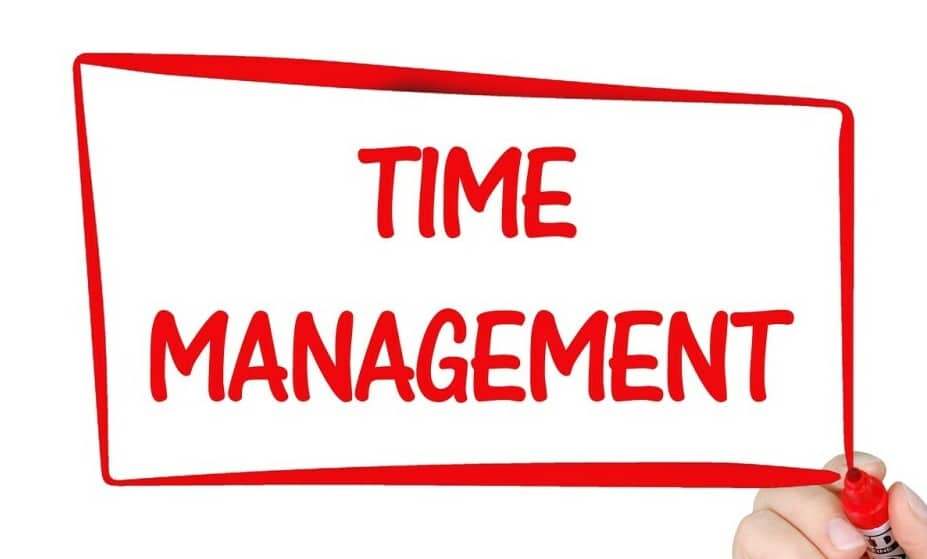Stress and anxiety affect everyone in different ways. Knowing the difference between them can help in managing each other more effectively. Stress often comes from external pressures – things like work deadlines, relationship issues, or financial worries. Anxiety, on the other hand, is more of an internal response. It can stick around even when the external triggers are gone.
Factors that Lead to Stress and Anxiety
Many factors contribute to stress and anxiety. Changes like moving to a new city, starting a new job, or going through a breakup can create significant upheaval, triggering stress responses. Even day-to-day hassles, like heavy traffic or social media overload, can add up and contribute to anxiety.
These conditions affect both the mind and body. Stress might make you feel overwhelmed, frustrated, or irritable. Physically, you might notice symptoms like headaches, muscle tension, or a racing heart. Anxiety can bring feelings of dread or constant worry. Physically, it can lead to restlessness, fatigue, or trouble sleeping.
Recognizing the signs is the first step to managing stress and anxiety. Pay attention to your body and mind. Notice if you’re feeling unusually tired, down, or on edge. If you find yourself avoiding social situations or having trouble concentrating, it may be time to take a closer look at what’s going on.
5 Strategies for Effective Stress Management
-
Create a Routine

Creating a routine can bring a sense of order and predictability to your day. Start with simple steps like setting regular times for meals, work, and relaxation. A well-structured day can make it easier to handle unexpected interruptions.
-
Physical exercise
 Physical Exercise is a natural stress reliever. Whether it’s a brisk walk, a run, or a yoga class, moving your body helps reduce tension and boosts your mood. Exercise releases endorphins, which are chemicals in the brain that act as natural painkillers and stress relievers.
Physical Exercise is a natural stress reliever. Whether it’s a brisk walk, a run, or a yoga class, moving your body helps reduce tension and boosts your mood. Exercise releases endorphins, which are chemicals in the brain that act as natural painkillers and stress relievers.
-
Mindfulness and meditation

Mindfulness and meditation are powerful tools for managing stress. Practicing mindfulness involves focusing on the present moment. Try simple techniques like deep breathing exercises or guided meditation. These practices can help calm your mind and improve your focus.
-
Healthy eating

Healthy eating and sleep habits play a crucial role in stress management. A balanced diet provides the nutrients your body needs to function well and manage stress. Getting enough sleep helps your body recover and keeps your mind sharp. Aim for seven to nine hours of sleep per night.
-
Time management

Time management and prioritization can reduce feelings of overwhelm. Break down tasks into smaller, manageable steps and prioritize what needs to get done first. Use tools like to-do lists or digital planners to keep track of your responsibilities. Setting boundaries to ensure you have downtime each day is essential.
Building Emotional Resilience and Coping Skills

Shifting towards positive thinking can make a big difference in managing stress and anxiety. Challenge negative thoughts and reframe them into positive ones. For instance, instead of thinking, ‘I’ll never get this done,’ consider, ‘This is challenging, but I can handle it step by step.’
Practicing self-compassion helps in tough times. Treat yourself with the same kindness you would offer a friend. Acknowledge that it’s okay to have a bad day or to feel overwhelmed—no one is perfect.
Seeking social support is another key strategy. Connect with friends, family, or support groups. Talking about your feelings can provide relief and offer new perspectives.
Engaging in hobbies and interests provides an outlet for stress. Find activities that you enjoy and make time for them regularly. Whether it’s painting, hiking, reading, or playing a musical instrument, these activities can act as a buffer against stress.
Utilizing professional resources is important when self-help strategies aren’t enough. Therapists, counselors, and support groups can offer guidance and coping techniques tailored to your specific needs. There’s no shame in seeking help—everyone needs a hand sometimes.
Final Thought
Adopting a growth mindset means viewing challenges as opportunities to learn rather than as threats. This shift in perspective can foster resilience and a more positive approach to difficulties.
Balancing work and life is essential. While work is important, make sure to set aside time for relaxation and personal enjoyment. Striking this balance helps prevent burnout.
Reducing digital overload is crucial. Limit screen time, especially on social media, and make time for offline activities. Disconnecting can reduce stress and improve focus.
Setting long-term goals gives you a sense of direction and purpose. Whether personal or professional, having goals to work towards can keep you motivated and grounded.
Regularly reviewing and adjusting your life priorities ensures that you’re focusing on what truly matters to you. As circumstances change, it’s important to reassess and realign your priorities to stay in tune with your values.

